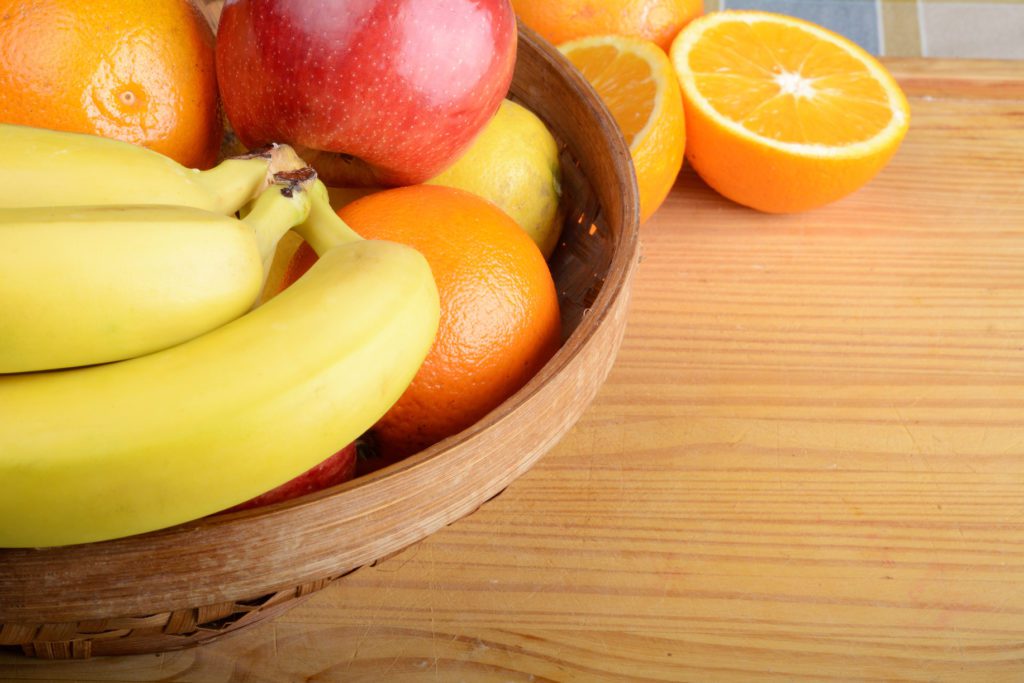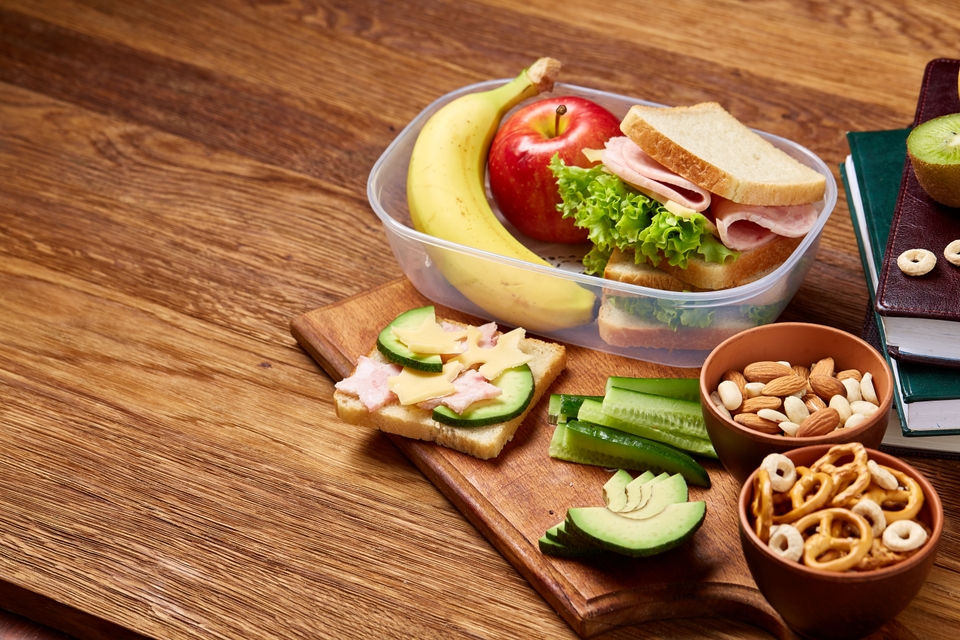Mindful eating and the benefits
Eating a meal is more than just trying to fill a need of hunger. It is a way to provide nutrients to our body that out body needs. The way our body processes these nutrients is still being understood and studied but we know that eating also involves many other parts of the body. We have all been taught that it takes 20 minutes of eating for your brain to register that the body has had enough regardless of how much we have consumed. Let’s think about that. You eat a small plate of food or 3 large plates and twenty minutes goes by and your full. Is this the same? Not really and being mindful of they way you eat, how much you eat, how fast you eat can all have an affect on how your body absorbs nutrients and many other factors.
This is the reason we are told to eat slowly, chew our food and basically eat mindfully. It gives the brain time to register what we are eating and determine a point of satiety. Part of a holistic approach to nutrition and life in general is to be mindful. Mindful in what you say, mindful in how you treat people, mindful in how we look and dress. Why would we not use this same mindset and apply it to how and what we eat?
In practicing mindful eating, we need to be aware that eating is emotional, mental and physical. During your meal it is important to understand why we are nourishing our bodies and if the meal we are eating is satisfying all of the senses. Emotionally do we connect with the food we are eating? And I don’t mean are eating

to satisfy some other emotional need. Eating and enjoying what we are putting in our body is an important part of plant-based eating and often referred to as mindful eating. Letting the mind taste the food, enjoying the sensations of eating the food. Do we like the crunch? Or do we like the sweetness of the dressing on the salad?
Understanding our tastes and palate can help us create meals that are more enjoyable and will satisfy us emotionally. We also need to make a connection with what we are eating. Being mindful while we eat helps us learn how to best satisfy our hunger and nutrition needs.
The act of chewing our food triggers reactions in the brain that tells the body many things. Are we full? What is our satiety level? What acids to release to aid in digestion? More than 5 areas of the brain are activated during chewing and all are important in aiding the body.
Read more: https://www.ncbi.nlm.nih.gov/pmc/articles/PMC3545687/
Digestion
Digestion does not begin in the stomach. It begins in your mouth. Chewing your food more thoroughly can and does improve digestion. I am sure you have heard the old adage to chew your food at least 25 times. Well there are very scientific reasons that you should be doing this and this is exactly what mindful eating is all about.
Chewing mindfully and slowly breaks the food down into smaller pieces. This allows the food to mix with stomach acids better and helps your body break down the food into more digestible molecules. It is also beneficial in separating bacteria and other unwanted particles in your food so they can be eliminated properly. It’s a natural detoxification process
Digestive enzymes in your saliva break down starches into simple sugars. Your saliva also contains enzymes that help break down the fats in your food. This is the beginning good fat digestion. Your taste buds analyze the foods and tell your brain to start making stomach acid and pancreatic juices that line the digestive tract.

Digestion works all the way through your body and chewing mindfully makes a huge difference in the success of our bodies ability to digest the food that is being eating, to take out the nutrients it needs and to eliminate toxins it doesn’t.
Green Tip: if you chew on a starchy food like a cracker or a piece of bread long enough, it will actually start to taste sweet. By chewing for one minute, up to half of the starch may be digested before you even swallow!
Chewing
If you’re digesting your food better, does that mean that you get more nutrition from it? Yes! Longer chewing has been shown to increase the amount of protein your body can absorb from foods and put to use building muscle. It also makes some vitamins and minerals more available for absorption—especially from uncooked fruits and vegetables. (Cooking foods has some of the same nutrient-releasing effects as thorough chewing.) Chewing also increases the amount of fat that is absorbed from foods that contain both fat and fiber, such as nuts.
After you have made a meal take inventory of what worked and what didn’t. For example, you have made too much rice. Now what, do you throw it out or save it to eat again? Don’t throw it out. Save it for your next meal or the next day. You will want to use it up but planning nutritiously is important. You don’t want to be
stuck eating rice for three- or four-days straights. Maybe you can freeze some or prepare a second meal and freeze that. That’s is where planning is key and can help tremendously. Sundays can be your new best friend. Throw some beans in the crock pot, put on a pot of rice and plan out the week so that those items that may take a bit longer are prepared and ready to go into your dishes during the week.
Chew to
- increase the amount of protein your body can absorb
- makes some vitamins and minerals easier to absorb
- increases the amount of fat that is absorbed
Read more: about mindful eating and chewing